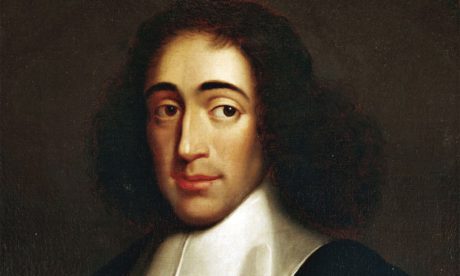Christians are taught to despise the Enlightenment. It is hard to find a theologian with a good word for this era of rational presumption, glistening certitude and powdered wiggery.
The Enlightenment is the sin of the modern, the chimera of crass autonomy.
Popular writers have been no kinder. Enter the world of knockdown apologetics and suspicion turns to contempt. “The Great Secular Enlightenment,” growls one authority, is what gave us Richard Dawkins.
The picture is sharpened by a secular literature that celebrates the Enlightenment as a brave emancipation from theological tutelage: a defiant obituary for an expired God.
The consensus is powerful but mistaken. The real Enlightenment was as religious as anything that came before it – a time of spiritual awakening as well as criticism and doubt. Indeed, faith and doubt were two sides of the same coin.
To enter the Enlightenment by means of its authors, not its curators, is to be knocked sideways. From Baruch Spinoza, in the seventeenth century, to Mary Wollstonecraft, writing in the shadow of the French Revolution, the Enlightenment radiated an energy and an aggression that bears little resemblance to the later stereotype of self-puffing intellectualism.
Nor was the quarrel purely ethical. The “supreme, sacred self-confidence” that Thomas Carlyle identified in the Quaker, George Fox, was constantly apparent in thinkers we have been taught to regard as secular. Like the poised, jail-ready Fox, many of the era’s A-list insurgents ascribed their ferocity of will to a certain knowledge of God. Spinoza was the supreme example.
Baruch Spinoza: a metaphysics of mercy
Ejected from the Jewish community in 1656 for heresies unknown, Spinoza lived and moved in philosophical circles that included a group of radical Protestants, known as “Collegiants.” Identifying “reason” with the “inner light” of conscience, the Collegiants forged a spiritual rationalism that remained evangelical, conversionist and fiercely Christological. The true Christ was known within. Continue reading
Sources
- ABC Religion and Ethics. The article is by Dominic Erdozain, a research fellow at King’s College, London.
- Image: Aforismi
News category: Features.




